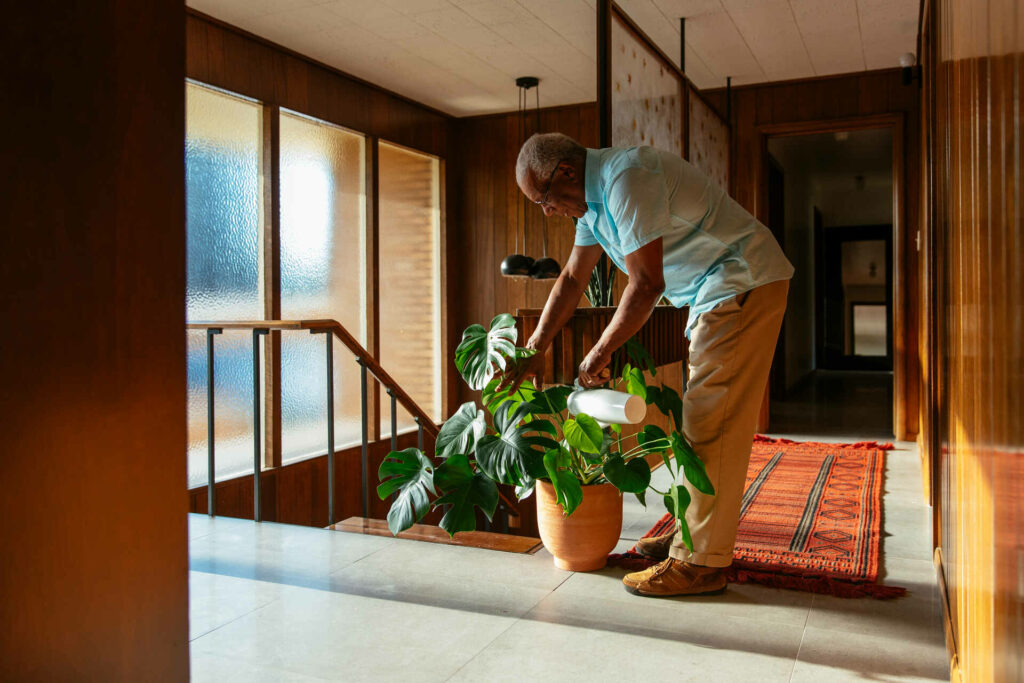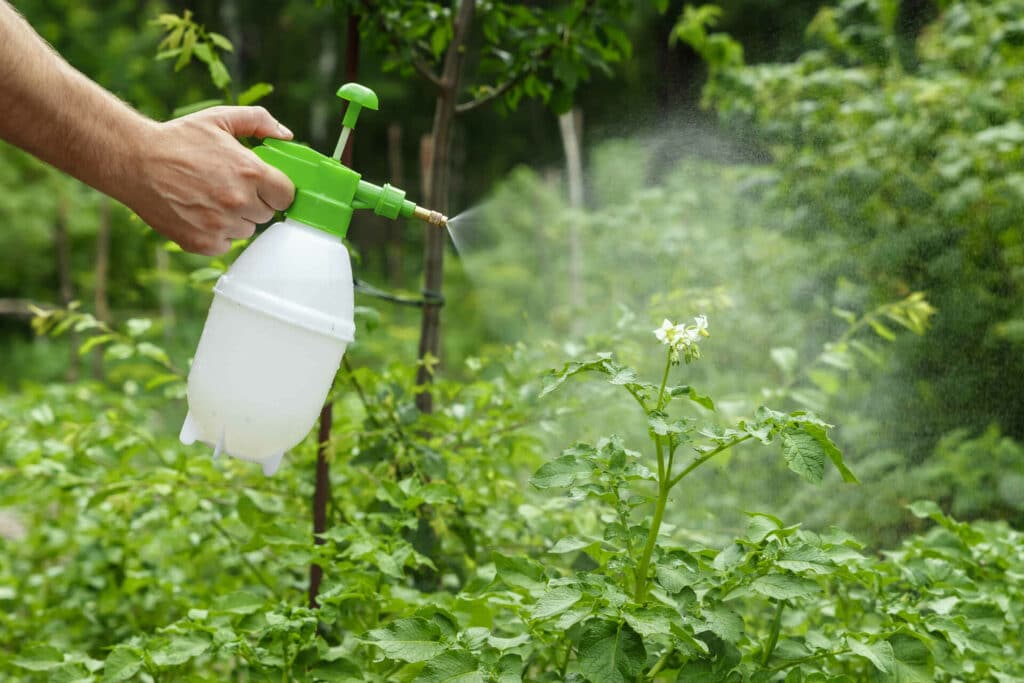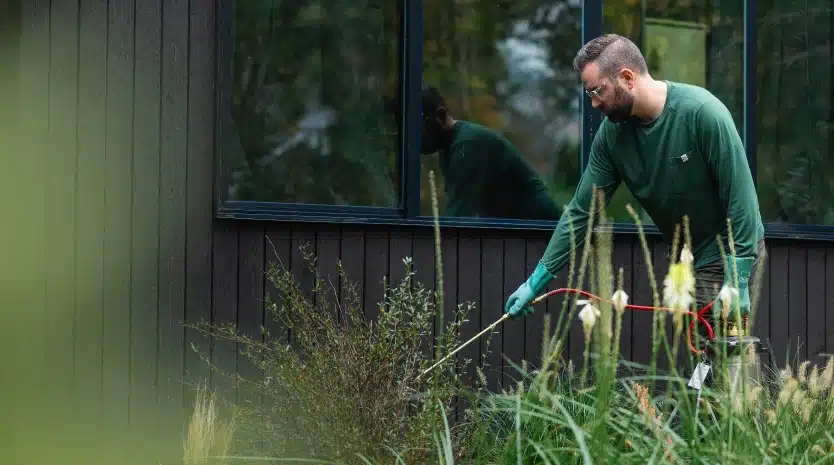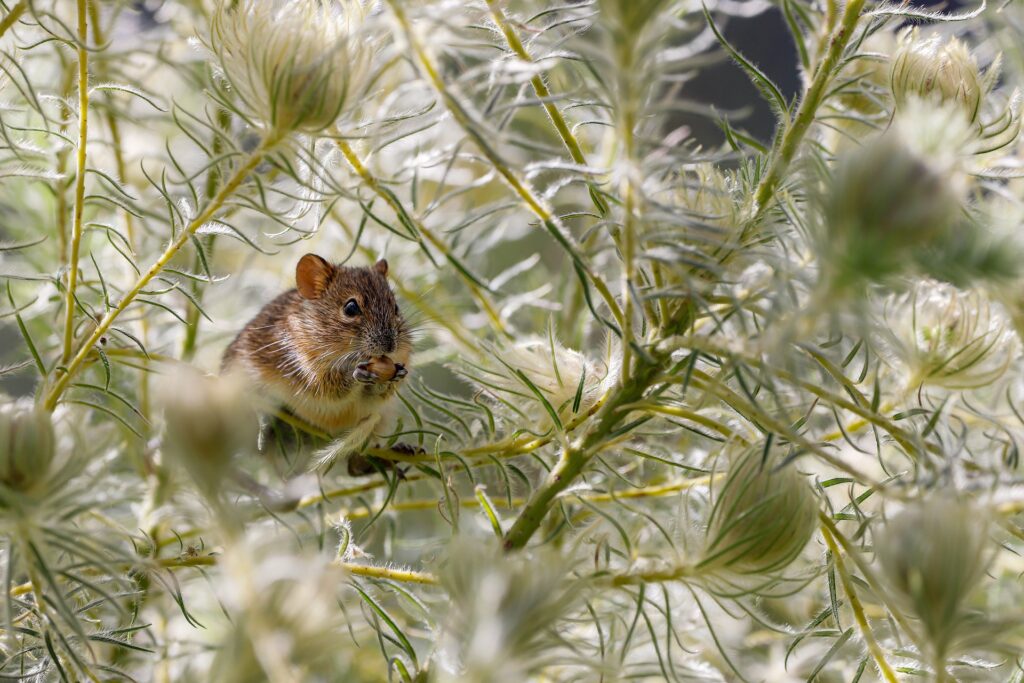
Have you noticed your houseplants looking a little under the weather? It might not just be due to over- or under-watering—aphids could be the culprits.
Recognizing aphid infestation signs early can help save your plants and restore their health. This article provides a comprehensive guide to identifying, treating, and preventing aphid infestations on your indoor greenery.
What Are Aphids?
Aphids are tiny, soft-bodied insects that threaten vegetation. They thrive on the sap extracted from plants and are prevalent in both indoor and outdoor gardens. These insects come in a wide range of colors, including green, yellow, red, black, or white, which often helps them blend into the plants they inhabit.
The Aphid Life Cycle
Aphids have a complex life cycle that can include both sexual and asexual reproduction, depending on the environmental conditions. Most aphids in indoor settings reproduce asexually, giving birth to live young without mating. A female aphid can produce dozens of offspring in a week, which allows populations to increase rapidly under favorable conditions.
Aphid Behavior
Aphids are often found in dense clusters, especially on new shoots and under leaves where they suck plant sap. As they feed, aphids secrete a sticky residue known as honeydew, which can attract other pests like ants and promote the growth of a black sooty mold that can further harm the plant. Aphids can also transmit viruses from one plant to another, exacerbating the damage they cause.
Aphid Infestation Signs
Early detection is crucial in managing aphid populations before they cause significant damage. Here are some signs to watch for:
- Visible Pests: Look for small, pear-shaped insects clustering on stems and leaves, particularly new growth.
- Sticky Residue: Aphids excrete honeydew, which can attract other pests and promote mold growth.
- Stunted Growth: Infested plants often exhibit slowed or distorted growth due to aphids draining essential nutrients.
Treating Houseplants for Aphids

Isolate Infested Plants
To prevent the spread of aphids to other houseplants, immediately isolate any affected plants.
Wash Off Aphids
A strong stream of water can dislodge many of the aphids from your plants. For delicate plants, use a spray bottle or a soft cloth dipped in water to gently wipe the aphids away.
Use Insecticidal Soap
Apply insecticidal soap to the affected areas of the plant. These soaps are specifically designed to kill soft-bodied insects like aphids without harming the plant.
Getting Rid of Aphids
In cases where infestations are severe, you might need these more aggressive treatments:
- Neem Oil: This natural pesticide can be effective in controlling aphids. It disrupts the hormone systems of aphids, preventing them from growing and reproducing.
- Systemic Pesticides: These are absorbed by the plant and can protect it from the inside out. However, these products should be used as a last resort due to their potential impact on beneficial insects and the environment.
5 Tips for Preventing Aphids

Preventing aphids from infesting your houseplants in the first place is the best strategy. Here are five tips to keep your indoor garden aphid-free:
- Inspect New Plants: Always quarantine and inspect new plants for aphids before introducing them to your home.
- Maintain Plant Health: Healthy plants are less likely to succumb to aphid infestations. Ensure your plants have appropriate sunlight, water, and nutrients.
- Regularly Clean: Keep the foliage of your plants clean to remove potential aphid eggs and larvae.
- Utilize Natural Predators: Introducing natural predators like ladybugs can help control aphid populations.
- Conduct Consistent Monitoring: Regularly check your plants for any signs of aphids or other pests.
For severe or persistent aphid problems, it may be necessary to seek professional pest control for aphids. Pest control experts offer customized solutions and preventative treatments that provide peace of mind and protect the health of your plants.
If your indoor garden is suffering from an aphid infestation and you’re struggling to manage it, contact us. Let us help you restore your plants to their former glory with effective, professional pest control solutions.









